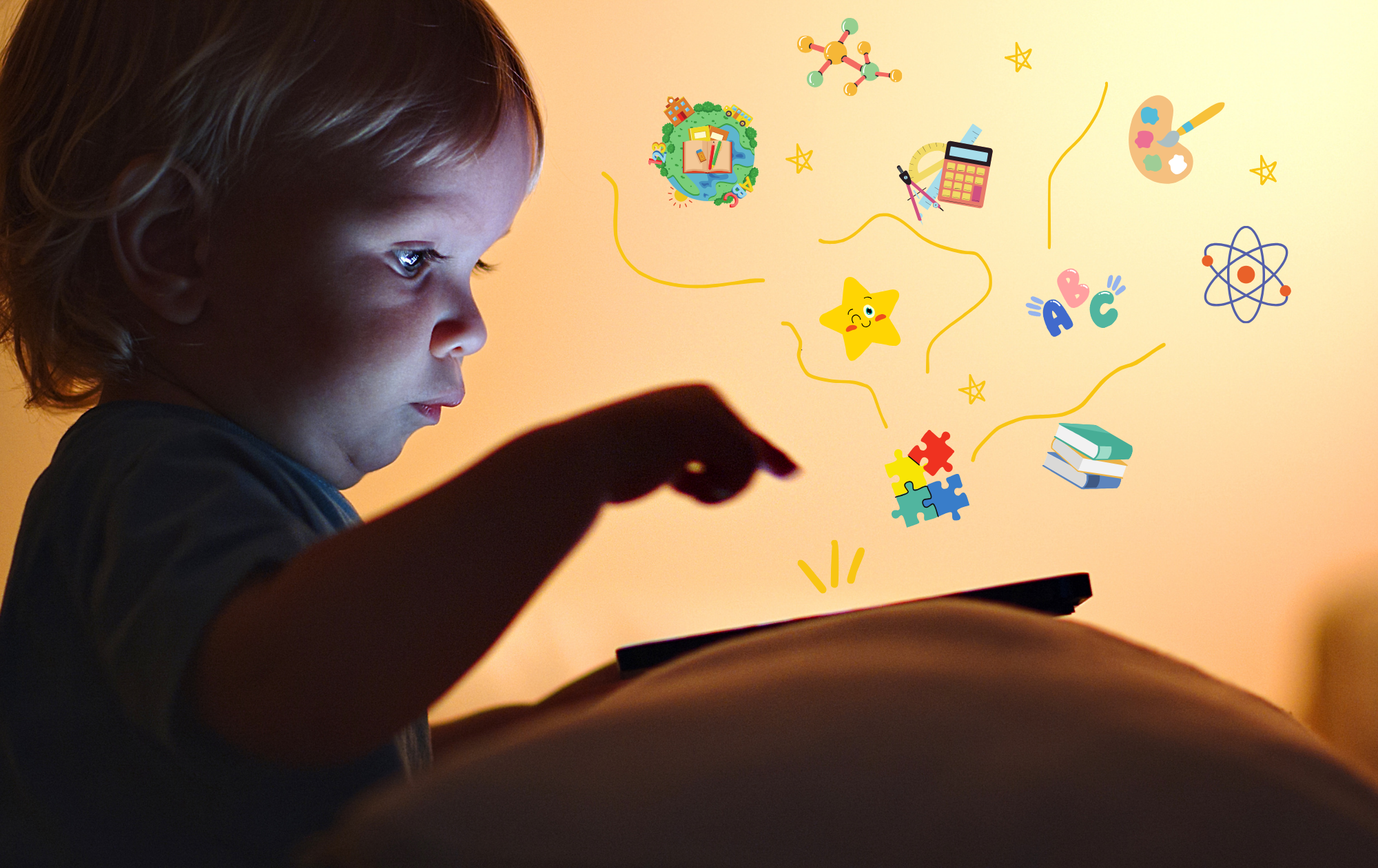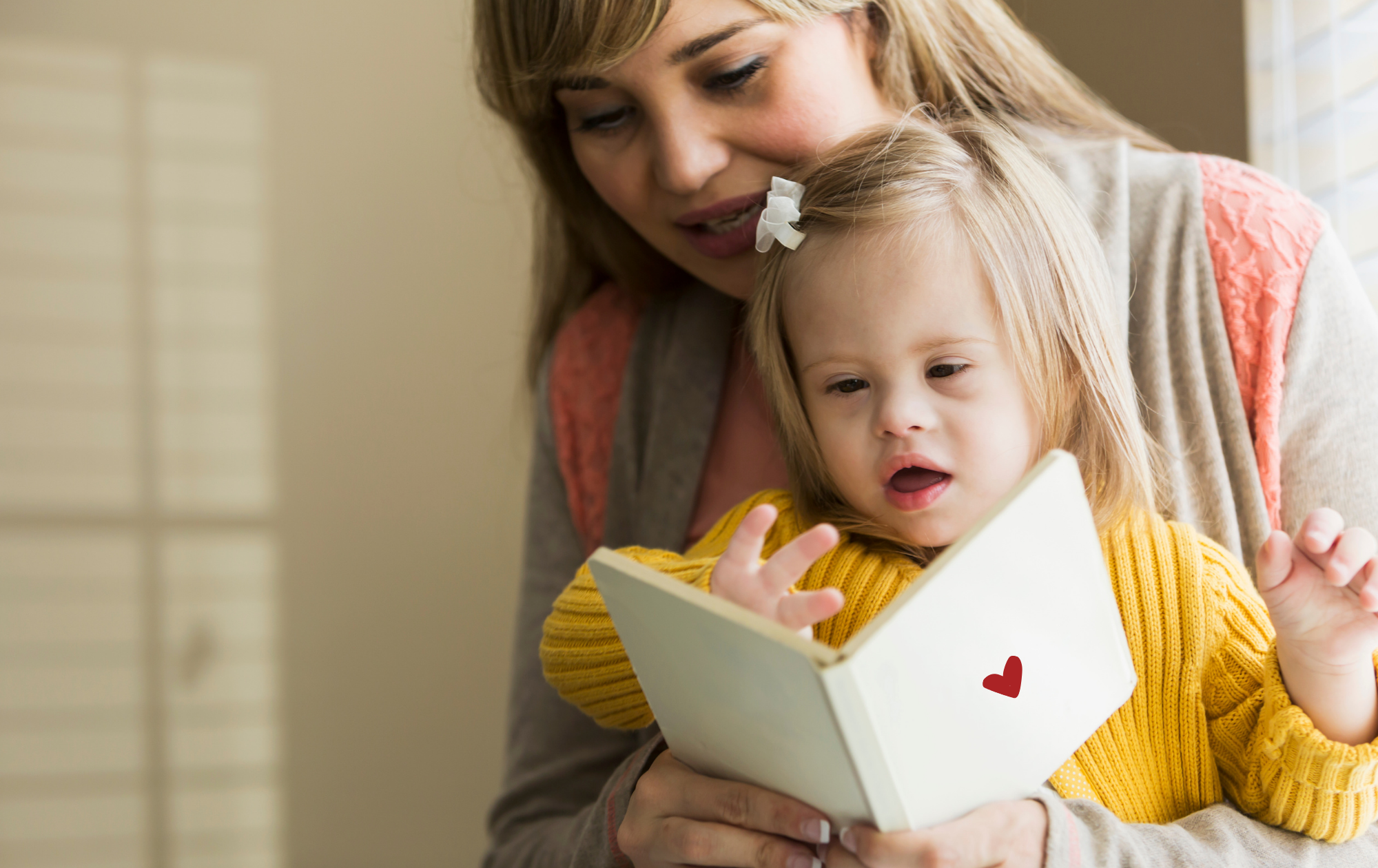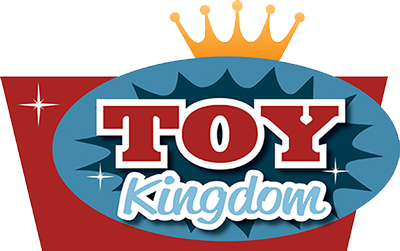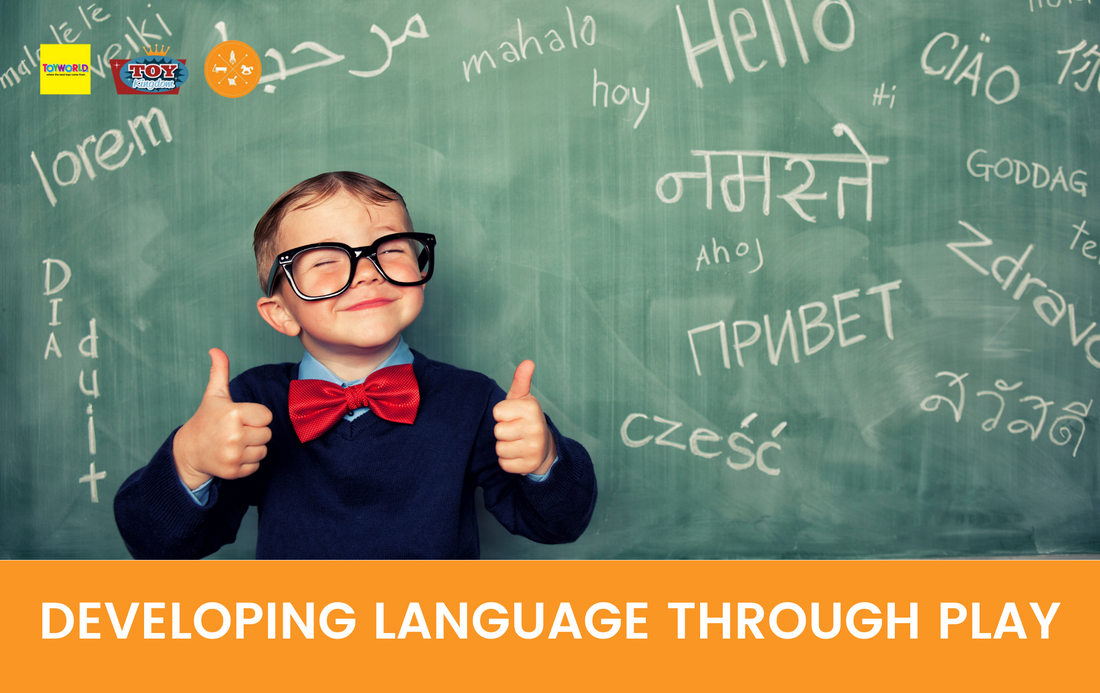Are you worried about how much time your child is spending on a screen? Too much of their favourite TV shows? Movies? Apps? Their iPad or your phone? You're not alone, and so we have some quite alarming stats/facts to share with you, but also some great solutions ... so read on, and share with your parent and caregiver friends!
The ABC News recently reported on a new study that found screen-time for young children was leading to reduced learning opportunities. This further confirmed older studies, reinforcing the general consensus that screens do not contribute to children's health and development.
The article, written by national education and parenting reporter Conor Duffy and the Specialist Reporting Team's Alison Branley, said:
“More than 200 Australian families were tracked for two-and-a-half years with toddlers fitted with a device to record 16 hours a day of audio in the family home.
When the team from the Telethon Kids Institute waded through the 7,000 hours of audio they found toddlers in the study were averaging three hours of screen time a day, and that lost learning quickly added up.
"For the three-year-olds in our study, we showed that for one minute of screen time they were hearing seven fewer adult words, they were speaking five fewer words themselves and they were engaging in one less conversation each day," senior research officer Mary Brushe said.”
Simply, as they put it:
“[S]creen time could be robbing the average three-year-old of 1,100 adult words, 840 vocalisations and 194 conversations a day.”
We’re sure that’s more than any of us were expecting!
The Australian Institute of Family Studies defines Australia’s guidelines on screen time for children as:
- no screen time for children younger than two years
- no more than one hour per day for children aged two to five years
- no more than two hours of sedentary recreational screen time per day for five- to 17-year-olds (not including schoolwork)
If anything, this study reinforces why these guidelines have been put in place.
Researchers are not yet sure of the long-term impacts of excessive screen-time for children (they’re planning new studies on it as we speak) but from these results found already, we think it’s better to be safer and stick to the guidelines as much as possible when it comes to our children.
It should be noted, however, that the screen time in the above studies and guidelines were all in reference to “non-educational” screen time, such as passive shows and movies. There are some forms of screen time and technology, such as educational apps tailored to help children learn, that have proven to be beneficial. These include utilising apps like Khan Academy Kids, Duolingo ABC and ABC Kids Listen, which are all designed to stimulate development through reading, listening and so much more.
If you’re worried about how tap-happy children can get, especially with the home button, Danielle Moss had a great tip for ensuring screen time was monitored without you having to look over your child’s shoulder every two seconds. On most devices, there is a lock feature, which allows you to “lock” a device into a certain app, preventing young children from accidentally leaving it.
To do this, go to Settings > Accessibility > Guided Access, turn on Guided Access.
Tap “Set Guided Access Passcode”, then enter a passcode. The only way to leave the app is to then enter the passcode!

There is something even more beneficial to language development than educational screen-time, however, and that is play!
How to develop language through play
- Use play as a tool to attach meaning to words and build vocabulary
Children are exposed to many different colours, textures, shapes and functions with toys, so be vocal in describing what young children are playing with, and encourage them to do the same e.g. “Do you feel the wheels on this car? They make it move across the ground. What colour are the wheels?”
You can also foster their imagination by asking questions, turning a simple time with a toy into a game of creativity e.g. “Where is the car going? How long do you think it will take to get there?” This stimulates their imagination and puts your child in a place of leadership as you are asking them to control the narrative, creating further engagement.
Introduce synonyms and antonyms and build off of their phrases. For example, if a child says, “car” or “big car”, try to validate and expand their vocabulary by responding, “Yes, that is an enormous car.”
One final way to use play as a tool in this way is to model correct sentence structure. For example, if they say “The car goed to the beach,” correct them with a question using the right terminology, “Oh, the car went to the beach?” This creates habits that help them retain these changing structures.
- Sing songs
Make up songs to sing about what you’re doing, no matter if you’re playing or not! This engages children and helps them enunciate words through repetition, as well as encourages them to speak and be more creative every day. You could also buy toys that help promote this with different melodies and word songs.
- Get outside
One of the best ways to develop language is through observation and listening. Try to get outside whenever possible and spend time listening to the noises the world around you makes, and get your children to communicate what they hear and reflect on them!

- Foster independent play
Many of us use screens to calm children and give ourselves a quick break, but sometimes, independent play and leaving them to entertain themselves can be more beneficial. Once you give them the right tools, such as imagination, and model independent play in your own life, such as reading a book, they won’t associate time alone as screen time. Obviously every child is different, but you might find your child will naturally make up their own conversations between toys and encourage their own language development, empathy and emotional processing through play.
- Read
Books are one of the best ways to develop language, showing your child different worlds, people, problems, and words. Try reading at least once a day and encouraging active participation from your young ones, such as pointing to specific objects on the page or getting them to summarise the book once it’s finished.

There are so many ways to stimulate language and other aspects of your child's development through play, the options truly are endless with it! So, when you can, prioritise active play and connection before screens. Or you could try out some of the educational apps we mentioned for the hour or two of screen time recommended for your child's age group!

